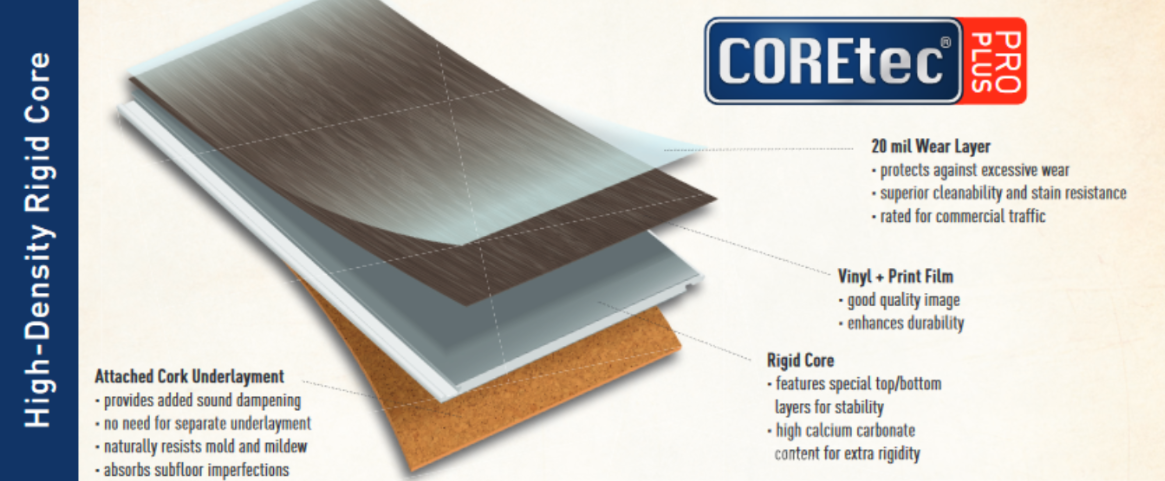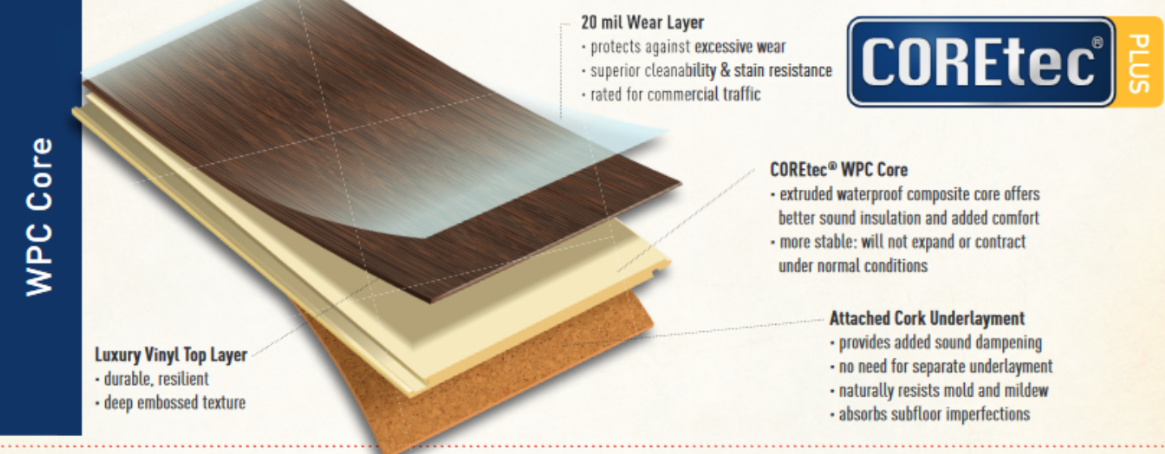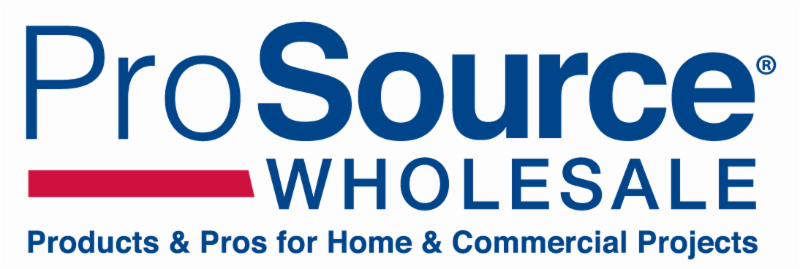When it comes to flooring options, Luxury Vinyl Plank (LVP) has emerged as a popular choice, offering a blend of style, durability, and ease of maintenance. However, within the realm of LVP, there exists a variety of types, each tailored to specific needs and preferences. And like anything, there exists a range of quality. In this guide, we'll embark on a journey through the diverse world of LVP flooring, delving into its various types and installation methods. By the end of this exploration, you'll be equipped with the knowledge to choose the perfect LVP for your space.
Exploring LVP Types: SPC and WPC
SPC (Stone Plastic Composite) LVP

Pros:
- Robust Durability: SPC features a solid stone-plastic composite core, ensuring remarkable resilience against wear and tear.
- Moisture Resistance: Its water-resistant nature makes SPC ideal for areas susceptible to spills and moisture.
- Sound Absorption: SPC's dense core minimizes sound transmission, creating a quieter environment.
- High-Traffic Hero: SPC stands strong in both residential and commercial spaces, even with heavy foot traffic.
Cons:
- Firmer Feel: SPC may feel less cushioned underfoot compared to softer options.
- Professional Installation: Its rigidity can make installation a challenge, often requiring professional assistance.
WPC (Wood Plastic Composite) LVP

Pros:
- Comfortable Underfoot: WPC features a softer core, offering a more comfortable feel than SPC.
- Moderate Water Resistance: While not as impervious as SPC, WPC still repels moisture, suitable for most areas.
- Reliable Stability: WPC remains stable, minimizing expansion or contraction due to temperature fluctuations.
Cons:
- Durability Trade-off: WPC may not withstand heavy foot traffic and wear as effectively as SPC.
- Slightly Higher Cost: Enhanced comfort and features may lead to a slightly elevated price compared to SPC.
Exploring Installation Methods: Loose Lay, Floating, and Glue Down
Loose Lay LVP
Pros:
- Easy Installation: Loose lay LVP requires no adhesive, simplifying installation.
- Flexibility: Damaged planks are easily replaceable without dismantling the entire floor.
- Minimal Prep: Loose lay LVP can be installed over most existing floors with minimal preparation.
Cons:
- Stability Concerns: In high-traffic areas, additional adhesive or tape may be needed to prevent movement.
- Limited Patterns: Design choices might be more constrained compared to other installation methods.
Floating LVP
Pros:
- Noise Reduction: Underlayment can provide sound insulation between floors.
- Time Efficiency: Floating LVP can be installed quickly, catering to tight schedules.
Cons:
- Potential Movement: Depending on locking quality, planks may shift or separate over time.
- Slightly Reduced Stability: Floating LVP might feel less sturdy compared to glue down options.
Glue Down LVP
Pros:
- Utmost Stability: Glue down LVP ensures a secure installation, minimizing movement risk.
- Versatility Champion: Suitable for all spaces, including those with high traffic and moisture exposure.
Cons:
- Professional Installation Required: Adhesive application necessitates professional expertise.
- Less Flexibility: Glued planks are challenging to remove without potential subfloor damage.
No matter the installation method you choose – always be sure to follow manufacturer installation guidelines and remember proper floor prep and moisture mitigation are a MUST!
Finding Your Perfect Match
Embracing LVP flooring means understanding its varieties and installation approaches. By exploring the pros and cons of SPC and WPC, as well as loose lay, floating, and glue down methods, you're now equipped to select the LVP that perfectly suits your space and preferences. Whether you're seeking durability, comfort, or ease of installation, there's an LVP solution waiting to enhance your living environment.
Remember, ProSource is your partner on this journey. Our experts are here to provide guidance, ensuring you make an informed decision that aligns with your vision. We also pride ourselves on only offering good quality products to minimize material quality issues. Transform your space with the diverse wonders of LVP flooring—each type and installation approach hold its own unique promise, waiting to be unveiled in your home.

